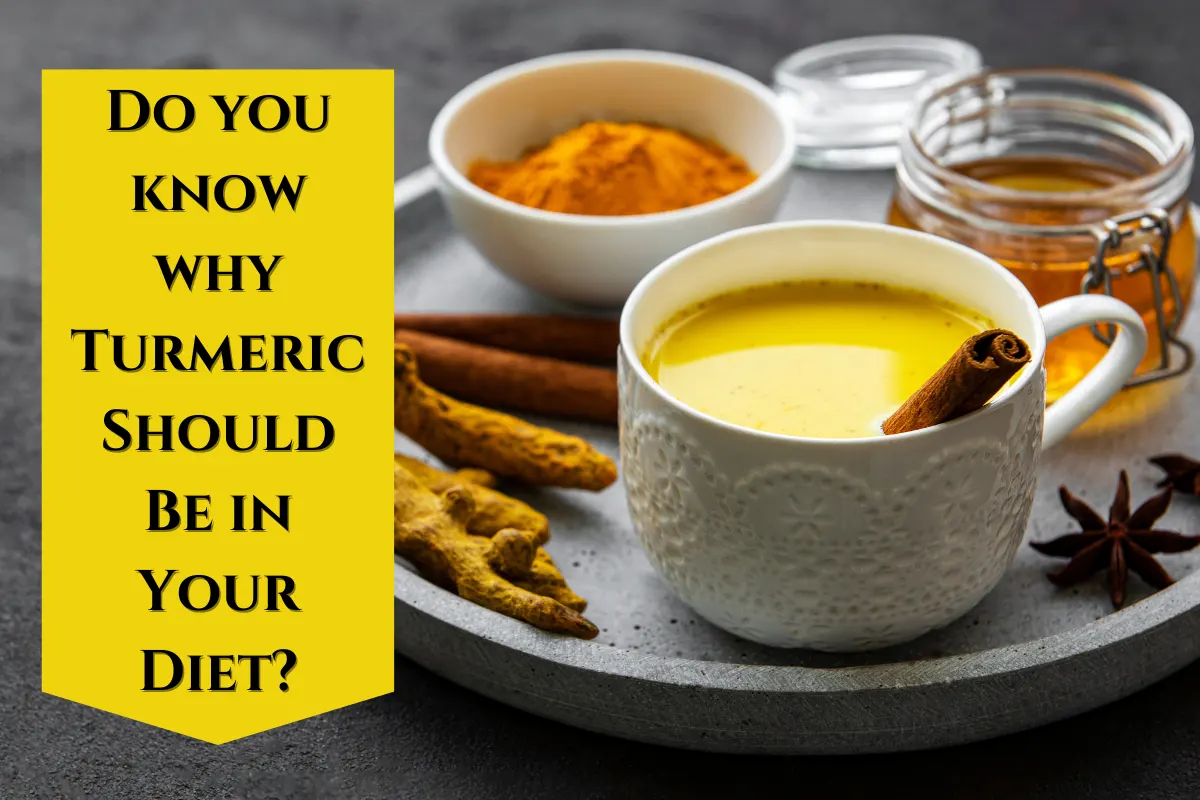Turmeric powder, often hailed as the “golden spice,” has been a cornerstone of traditional medicine and cuisine for centuries, particularly in India and Southeast Asia. Revered for its vibrant color, earthy flavor, and myriad of health benefits, turmeric has transcended its culinary roots to become a global health phenomenon. But what exactly makes this humble spice so powerful? Let’s explore the health benefits of turmeric powder and how incorporating it into your daily routine can enhance your well-being.
The Science Behind Turmeric
At the heart of turmeric’s health benefits is curcumin, a bioactive compound that gives the spice its characteristic yellow hue. Curcumin is a potent antioxidant and anti-inflammatory agent, which plays a crucial role in the wide range of health benefits associated with turmeric. Although curcumin only makes up about 3% of turmeric by weight, its effects are profound when consumed regularly, especially when combined with black pepper, which enhances curcumin absorption by up to 2,000%.
Anti-Inflammatory Powerhouse
Chronic inflammation is at the root of many modern diseases, including heart disease, cancer, and Alzheimer’s. Turmeric’s anti-inflammatory properties make it a powerful ally in combating these conditions. Curcumin works by inhibiting molecules in the body known to trigger inflammation, helping to reduce swelling, pain, and discomfort associated with conditions like arthritis and inflammatory bowel disease. Regular intake of turmeric can help manage chronic inflammation, potentially reducing the risk of developing these serious health issues.
A Strong Shield Against Oxidative Stress
Oxidative stress, caused by an imbalance between free radicals and antioxidants in the body, is a significant contributor to aging and various diseases. Turmeric is rich in antioxidants that neutralize free radicals, protecting cells from damage. This not only slows down the aging process but also helps prevent diseases related to oxidative stress, such as cardiovascular disease and neurodegenerative disorders.
Supporting Heart Health
Heart disease remains the leading cause of death worldwide, but turmeric can play a role in keeping your heart healthy. Curcumin has been shown to improve the function of the endothelium, the lining of blood vessels, which is crucial for regulating blood pressure and preventing blood clots. Its anti-inflammatory and antioxidant properties also reduce the risk of heart disease by preventing damage to the blood vessels and lowering cholesterol levels.
Boosts and Function of Brain
Curcumin has shown promise in boosting brain health by increasing levels of brain-derived neurotrophic factor (BDNF), a protein that supports the growth and survival of neurons. Low levels of BDNF have been linked to depression and Alzheimer’s disease. By elevating BDNF levels, turmeric may help delay or even reverse brain degeneration, enhancing cognitive function and memory.
Natural Relief for Joint Pain and Arthritis
Arthritis is a common issue, especially as we age, and turmeric’s anti-inflammatory properties make it an effective natural remedy. Studies have shown that curcumin can be as effective as some anti-inflammatory drugs, without the side effects, in reducing pain and stiffness associated with arthritis. Incorporating turmeric into your diet can provide significant relief for those suffering from joint pain.
Boosting the Immune System
A strong immune system is essential for fighting off infections and diseases. Turmeric enhances the body’s immune response by modulating the immune system, making it more efficient in fighting off pathogens. Its antibacterial, antiviral, and antifungal properties make it a valuable addition to your diet, especially during flu season or when your immune system needs a little extra support.
Promoting Digestive Health
Turmeric has long been used to treat digestive issues, thanks to its ability to stimulate bile production, which aids in the digestion of fats. It also helps reduce symptoms of bloating, gas, and indigestion. For those suffering from conditions like irritable bowel syndrome (IBS), turmeric can offer relief by reducing inflammation in the gut.
Potential Cancer-Fighting Properties
While more research is needed, some studies suggest that curcumin may have anti-cancer properties. It has been shown to inhibit the growth of cancer cells and prevent the spread of tumors in animal studies. Turmeric’s ability to reduce inflammation and oxidative stress, both of which are linked to cancer development, further supports its potential role in cancer prevention.
How to Incorporate Turmeric into Your Diet
Given its powerful health benefits, adding turmeric to your daily routine is a simple way to boost your overall health. Here are a few ideas:
- Golden Milk: A warm drink made with turmeric, milk (or a non-dairy alternative), and a dash of black pepper.
- Turmeric Tea: Brew a cup of turmeric tea by adding a teaspoon of turmeric powder to boiling water, along with honey and lemon for taste.
- Curry Dishes: Turmeric is a key ingredient in many curry recipes, providing both flavor and health benefits.
- Smoothies: Add a teaspoon of turmeric powder to your morning smoothie for a nutrient boost.
- Supplements: If cooking with turmeric isn’t your preference, curcumin supplements are also available, often combined with black pepper for better absorption.
Conclusion: A Golden Opportunity for Better Health
Turmeric powder is more than just a spice; it’s a potent health booster with a wide array of benefits. From reducing inflammation and supporting heart health to enhancing brain function and potentially fighting cancer, turmeric is a powerful ally in your quest for better health. By incorporating this golden spice into your diet, you can harness its incredible benefits and take a proactive step towards a healthier, more vibrant life.

